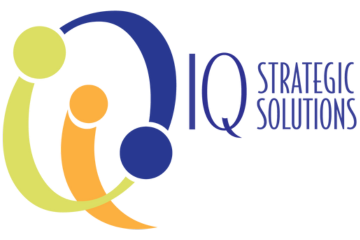
Traditional annual performance reviews are becoming outdated. In today’s fast-paced work environment, companies need a more dynamic approach to evaluating employee performance. The future of performance management focuses on continuous feedback, data-driven evaluations, and employee development. In this blog, we’ll explore why the traditional review system is failing and what companies can do to improve performance assessments.
Why Annual Reviews Are No Longer Effective
For years, companies have relied on yearly performance appraisals, but research shows they have several limitations:
- Lack of Real-Time Feedback: Employees need immediate insights to improve, not just a yearly review.
- Increased Stress and Anxiety: One-time evaluations can create unnecessary pressure and do not accurately reflect overall performance.
- Limited Growth Opportunities: Without ongoing feedback, employees struggle to track progress and adjust their goals.
Forward-thinking organizations are moving toward a continuous feedback model to ensure employee success.
The Shift Toward Continuous Feedback
Continuous performance management involves regular check-ins, coaching sessions, and real-time evaluations. This approach enhances engagement, productivity, and career development.
Benefits of Continuous Feedback:
- Improves Employee Engagement: Regular discussions keep employees aligned with company goals.
- Encourages Professional Growth: Employees receive timely guidance to enhance their skills.
Strengthens Workplace Relationships: Ongoing conversations between employees and managers create a culture of trust.
Best Practices for Modern Performance Evaluations
To implement an effective performance management strategy, companies should adopt the following practices:
- Set Clear and Measurable Goals
Using the SMART (Specific, Measurable, Achievable, Relevant, Time-bound) framework helps employees focus on meaningful objectives.
- Use Technology to Track Performance
Performance management software allows companies to collect real-time data, analyze trends, and provide personalized insights.
- Conduct Regular One-on-One Meetings
Frequent conversations between managers and employees foster transparency and alignment on career growth.
- Implement 360-Degree Feedback
Gathering input from peers, subordinates, and supervisors provides a well-rounded evaluation of an employee’s performance.
- Recognize and Reward Achievements
Acknowledging employee contributions boosts motivation and loyalty.
Case Studies: Companies Leading the Way
Many organizations are successfully transforming their performance evaluation strategies:
- Microsoft: Shifted from ranking employees to a continuous coaching model, increasing engagement.
- Adobe: Eliminated annual reviews and replaced them with frequent check-ins, leading to a 30% reduction in turnover.
- Netflix: Focuses on real-time feedback and open communication, fostering a high-performance culture.
Conclusion: The Future of Performance Management
Companies that embrace continuous feedback and data-driven evaluations will build stronger, more motivated teams. By shifting away from traditional annual reviews, businesses can create a dynamic and high-performing workforce.
🚀 Looking to upgrade your performance evaluation strategy? Contact us today to implement a modern performance management system!
At IQ, your HR Consultant, we serve as your strategic partner, crafting tailored solutions that address your specific needs.
Your satisfaction is the key to our success!
Contact us!




